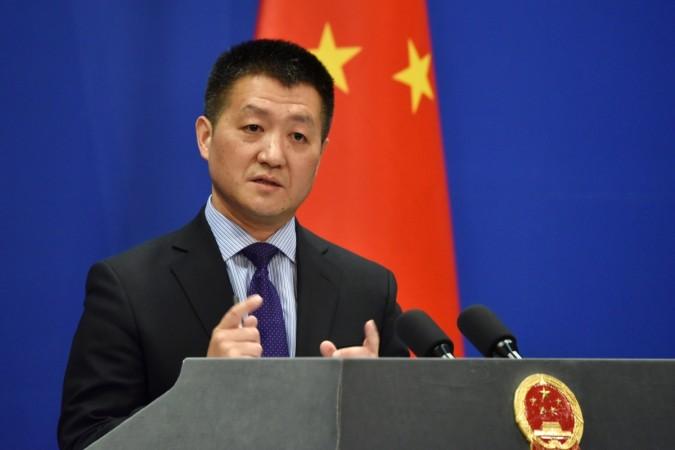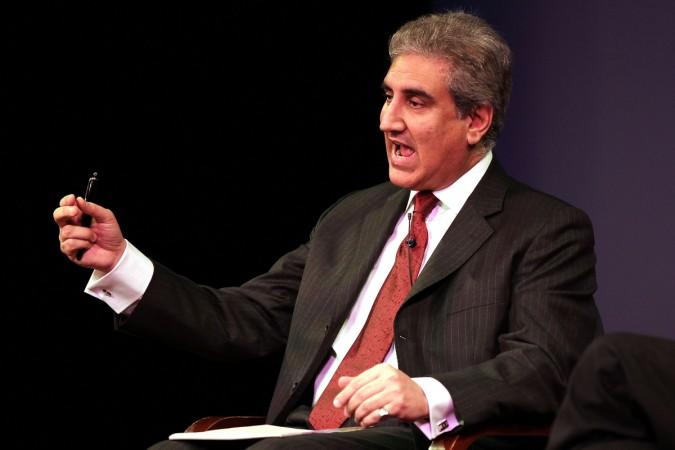
Even as tensions between neighbours India and Pakistan have been escalating, with several nations expressing concerns over a possible nuclear attack by the two nations, China has said that it never recognised the two countries as nuclear powers.
Chinese Foreign Ministry spokesman Lu Kang's comment was in response to a question whether China considered North Korea a nuclear power, considering Kim Jong Un refused to dismantle two of its two nuclear processing plants during the Hanoi summit with US president Donald Trump. The spokesperson made it clear that China did not recognise India and Pakistan as a nuclear state and its idea of Pyongyang was the same.
"China has never recognised India and Pakistan as nuclear countries. Our position on this has never changed," the Press Trust of India quoted Kang as saying during a press briefing in Beijing. China has been blocking India's entry into the 48-member Nuclear Suppliers Group (NSG) for a while now, and the Chinese foreign ministry spokesman Lu Kang said that its stance on the matter remains unchanged.
He also spoke about the current tensions between India and Pakistan and said that the nations must come together and sort out matters through dialogue. Kang also commented on Pakistani prime minister Imran Khan's proposal to jointly investigate the Pulwama terror attack "if India hands over credible evidence," and said that it was a "goodwill gesture" from Islamabad.
"The -escalation of tensions between the two countries is in the fundamental interests of both sides. We encourage both parties to continue to move in the same direction and take substantive steps in resolving relevant disputes through consultations and dialogues to jointly safeguard regional peace and stability," Kang added.
Kang's statement comes after Pakistan admitted that Jaish-e-Mohammed chief Masood Azhar was indeed on its soil, and "very unwell." Shah Mehmood Qureshi, the foreign minister of Pakistan, told CNN on February 28 that Azhar was "really unwell" and could not even "leave his house."

"He [Azhar] is in Pakistan, according to my information," Qureshi said. "He is very unwell, unwell to the extent that he cannot leave his house." He also added that Islamabad was ready to take action against JeM and Azhar if India could provide "solid, inalienable evidence" to prove that the group was carrying out terror activities and was behind the Pulwama attack.
If they [India] give us evidence which is acceptable to the courts of Pakistan, after all we'll have to justify, they will go to court. If they have solid, inalienable evidence, share it with us so we can convince the independent judiciary of Pakistan," Qureshi told CNN.
The JeM had earlier taken responsibility for the February 14 suicide attack on an army convoy in Pulwama, which resulted in the death of over 40 CRPF personnel and injured several others. After the attack, India had slammed Pakistan and said that it would make all efforts to globally isolate Islamabad and take action against terrorists on its soil. And on February 26, the Indian Air Force flew 12 Mirage 2000 fighter jets into Balakot, demolishing several terror camps, including one of the JeM.
Speaking of Pakistan's willingness to de-escalate tensions with India, Qureshi said that the nation does not want to be a breeding ground for terrorists and was open to "any step that leads to de-escalation.
"The policy of this government is that we will not allow our soil to be used by any organisation or individual for terrorism against anyone and that includes India," he added.

















